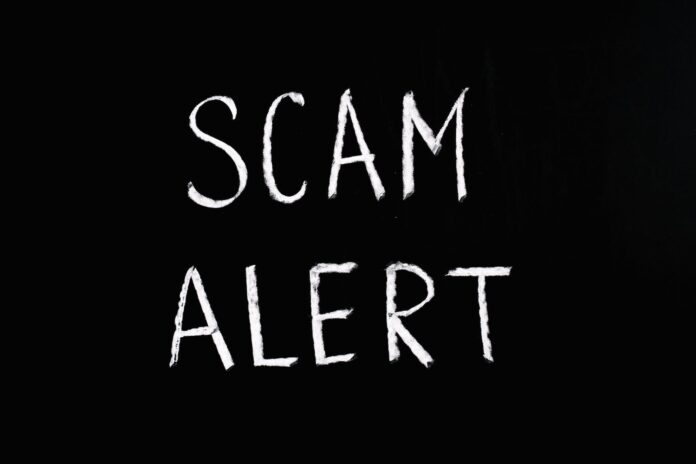
Hey there, research enthusiasts! Ever wondered about those conferences that seem a bit fishy? We get it! Join us on a super easy journey to learn how to spot the real academic gems from the not-so-cool fake conferences.
In this Article, iLovePhD will share super simple tips to help you be the Sherlock Holmes of the academic world. Whether you’re a pro or just starting, we’ve got your back. Let’s make sure your academic adventures are in the right league!
So, ready to dive into the world of legit conferences? Grab your detective hat (or imaginary magnifying glass), and let’s unravel the mystery together!
Spotting Fake Conferences in the Academic Jungle
Identifying fake conferences is crucial for researchers and academics. Here are some tips to help you distinguish genuine conferences from potentially fraudulent ones:
1. Check the Conference Website:
Look for a professionally designed and well-maintained website. Legitimate conferences invest in a quality online presence.
Verify the contact information, including a physical address and phone number. Fake conferences may provide vague or nonexistent contact details.
2. Review the Organizers:
Research the conference organizers. Legitimate conferences are usually organized by reputable institutions, universities, or well-known professional societies.
Check for the organizers’ track record by looking at their past events and reviews from participants.
3. Examine the Speakers and Committee:
Verify the credentials of listed speakers and committee members. Legitimate conferences feature experts in the field with a solid academic or professional background.
Check if the speakers are aware of their participation; some fake conferences use names without permission.
4. Evaluate the Peer Review Process:
Legitimate conferences follow a rigorous peer-review process for abstracts and papers. Ensure the conference provides transparent information about this process.
Beware of conferences that accept submissions without proper review or those that promise to publish papers without scrutiny.
5. Look for Previous Events:
Check if the conference has a history of successful past events. Legitimate conferences often provide information about their previous editions, including topics, speakers, and locations.
6. Evaluate Registration Fees:
Be cautious of exorbitant registration fees or fees that seem too low to cover the conference’s expenses. Fake conferences may aim to generate revenue without providing genuine value.
7. Verify Conference Partnerships and Sponsorships:
Legitimate conferences often have partnerships with reputable organizations and industry sponsors. Check if the conference has affiliations with recognized entities in the field.
8. Read Reviews and Testimonials:
Look for reviews and testimonials from past participants. Genuine conferences usually have positive feedback from attendees who find value in the event.
9. Scrutinize the Conference Venue:
Verify the venue’s legitimacy by checking its website and reviews. Fake conferences may claim prestigious locations without proper arrangements.
10. Contact Previous Participants:
Reach out to individuals who attended previous editions of the conference. Their experiences can provide valuable insights into the event’s authenticity.
By conducting thorough research and considering these factors, you can reduce the risk of falling victim to fake conferences and ensure your participation in reputable academic events.
